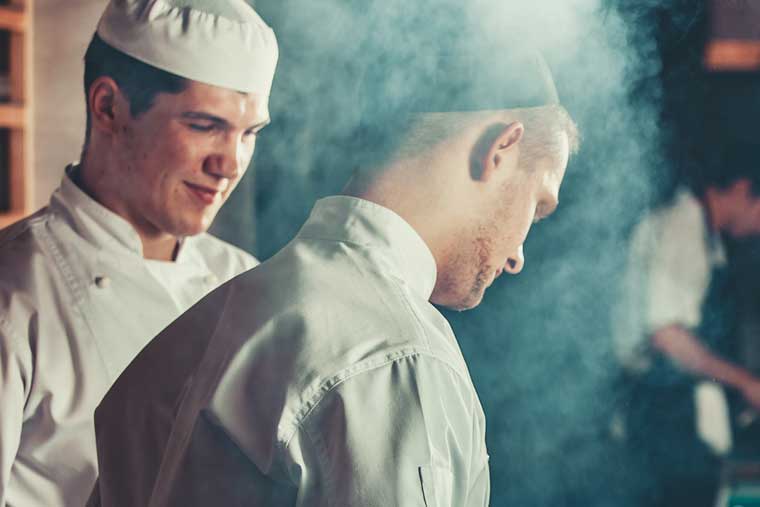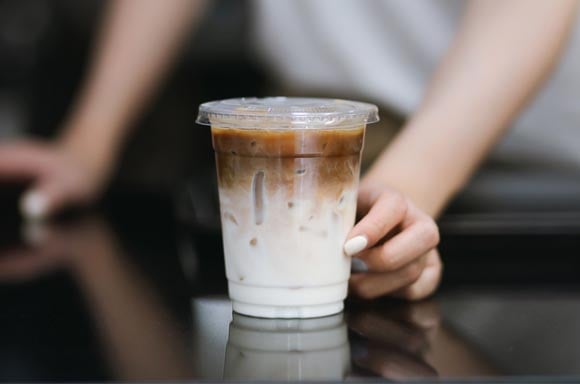
Mayrand supports you in this eco-friendly transition with containers and packaging that are tailored to your needs and respect new regulations, including those of the City of Montreal.
The Canadian, Quebec and municipal governments are changing regulations to reduce the country's overall environmental footprint. The banning of single-use plastics is one of the most far-reaching rules for the food industry and foodservice.
Manufacturing or importing of foam #6 and black plastic containers is prohibited.
The City of Montreal is banning the distribution of various single-use plastic items in Montreal food stores and restaurants, whether for on-site consumption, take-out or delivery.
The new regulation prohibits the sale or use of banned containers, including Styrofoam products.
*Source: Government of Canada
Effective Tuesday, March 28, 2023, the City of Montreal is banning the distribution of various single-use plastic items in Montreal food stores and restaurants, whether for on-site consumption, take-out or delivery.
Photo Credits: City of Montreal
| Take-out products prohibited for sale | Eco-friendly alternative packaging products available in our Mayrand stores |
Compostable or non-compostable plastic items (#1 to #7)
|
|
Other #6 polystyrene or #7 compostable plastic items
|
Non-#6 and #7 items made of kraft cardboard, bagasse, pulp or plastic
|
Exceptions and bans do not apply to:

Once used, a recyclable product can be recovered, reintroduced into the production cycle and used to manufacture new products.
Bagasse: Residual material from the extraction of sugar cane juice. It resembles paper and can be transformed into different types of packaging like re-sealable containers or utensils.
PLA: Also called Polylactic Acid, this vegetable plastic made from corn starch is widely used in the manufacturing of glass as its insulating properties are ideal for hot drinks.
Cardboard, pulp or paper: Be it paper packaging, flat cardboard, corrugated cardboard or kraft paper bags, all products made from wood cellulose are recyclable.
Aluminum: Used for its insulating properties and resistance to high temperatures, this material is both practical and recyclable.
Plastic is a product derived from petroleum. There are seven families of plastics with different uses and recyclability rates.
| PET #1: Polyethylene terephthalate, a strong and flexible plastic
Good recyclability |
HDPE #2: High-density polyethylene, plastic widely used in the food industry Good recyclability |
PVC #3: Polyvinyl chloride, flexible plastic Low recyclability |
LDPE #4: Low-density polyethylene, resistant plastic Low recyclability |
| Transparent water or juice bottles and food trays | Opaque milk or juice bottles, ice cream containers... | Plastic food wrap… | Plastic bags, cling film... |
| PP #5: Polypropylene Plastic resistant to heat and transportation Good recyclability |
PS #6: Polystyrene |
PC, PTFE, melamine, etc. #7: Many other plastics Low recyclability |
|
| Yogurt cups, transparent containers for prepared foods... | Exception for food trays (meat, fish...) | Polycarbonate: water bottles... |